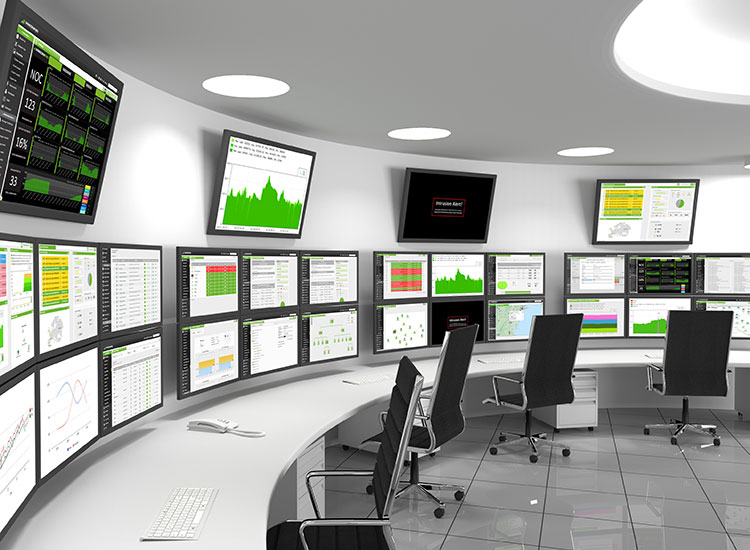Basic Types of Servers
Servers are computers that manage and store information for other devices on a network. Their workloads can define them, such as web servers, mail servers, DNS servers, Proxy servers, database servers… Some servers are physical, while others are virtual, meaning they run on software rather than hardware.
Physical Servers vs Virtual Servers
There are mainly two types of servers found in networks: Physical Servers and Virtual Servers. Physical servers are hardware-based systems that run an operating system and server software. Physical servers are typically very powerful and can handle a lot of traffic. Virtual servers, on the other hand, are software-based systems that run on top of a physical server’s operating system. but they appear to be separate machines to clients that connect to them. Virtual servers are a more cost-effective way to deploy servers, as they allow you to run multiple servers on a single physical machine.
Web Server
A web server powers the site you’re looking at right now. This genre of server is responsible for delivering web pages to users. Web servers simply take “GET” and “POST” requests from clients (among other verbs). A “GET” request is when a client simply wants to retrieve information and doesn’t have any information to submit to the server. A “POST” request on the other hand is when a client does have information to share with the server and expects a response back. Web servers work with HTTP and HTTPS communication protocols. Web servers typically run on a variety of operating systems, including Linux, Windows, and macOS. One example of a web server is the Apache web server.
Mail Server
A mail server is responsible for sending and receiving emails. It uses protocols such as SMTP (Simple Mail Transfer Protocol) for sending emails and POP3 (Post Office Protocol 3) or IMAP (Internet Message Access Protocol) for receiving emails.
DNS Server
A Domain Name System server (or name server) is responsible for translating domain names into IP addresses. It uses the Domain Name System (DNS) protocol to provide this service.
Proxy Server
A proxy server is a system or router that provides a gateway between users and the internet. It helps prevent cyber attackers from entering a private network. It goes between end-users and the web pages they visit online. Proxy servers provide a valuable layer of security for your computer. They can work as web filters or firewalls, protecting your computer from internet threats like malware.
Database Server
A database server is responsible for storing, managing, and retrieving data from a database. A variety of applications use database servers (web applications, email servers, CRM systems…) It typically runs a database management system (DBMS) such as MySQL or Oracle.
Let’s learn about some basic server types. pic.twitter.com/hRG5jURnbn
— Rapid (@Rapid_API) January 17, 2023
Conclusion
Servers are an essential part of the internet and modern computing. They provide the resources and services that allow us to use the internet and our computers. There are many different types of servers, each with its own specific purpose.




